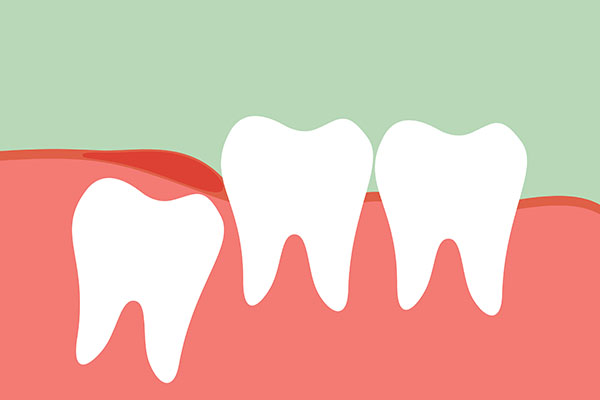Are You Put to Sleep for Dental Implants
 Missing or damaged teeth can impact people’s smiles and overall dental health, especially if the affected teeth cause pain or become infected, but dental implants can replace these teeth and eliminate certain oral health issues. Before patients seek out this procedure, it can be important to understand how anesthesia may be used to avoid any complications and ensure patients are as comfortable as possible during the implantation.
Missing or damaged teeth can impact people’s smiles and overall dental health, especially if the affected teeth cause pain or become infected, but dental implants can replace these teeth and eliminate certain oral health issues. Before patients seek out this procedure, it can be important to understand how anesthesia may be used to avoid any complications and ensure patients are as comfortable as possible during the implantation.
Understanding anesthesia
Patients who have concerns about experiencing pain during the implantation process can talk with the dental professional performing the procedure during the initial consultation. This can have several benefits, including:
- Reduction of anxiety
- A better understanding of the procedure
- Lowered fears regarding the implant
Depending on an individual's needs, patients may opt for anesthesia or the dental professional may recommend it based on the consultation interview. Once this is decided, patients can learn more about what specific type of anesthesia may be used during the procedure, as there are several different types available.
Local anesthesia
Some patients who opt for dental implants receive local anesthesia, which allows them to remain conscious and aware during the process. This type of anesthetic is injected into the area where the implants will go, numbing the gums and surrounding tissue. The amount of local agent usually depends on whether a tooth requires extraction before the implant can be put into place.
Dental patients who require implants usually do well with this type of anesthetic, even if more than one is required. Dental professionals typically gauge how numb the area is before the work starts, and while patients might experience tugging or other mild sensations, a local anesthetic is usually effective at blocking out the pain.
General anesthesia
If bone grafting is necessary during dental implant surgery, general anesthesia may be recommended. This type of anesthetic puts patients to sleep so they will have no memory of the procedure afterward. General anesthesia may also be employed for patients who are extremely anxious or frightened about having implants put in or who fear dental procedures in general, as this makes it simpler for all involved. The decision to use this option is typically up to the clinic and the limits of services the clinic can supply.
Twilight anesthesia
This type of anesthesia is sometimes known as conscious sedation, where patients remain awake while receiving the dental implants and can respond to questions yet are otherwise extremely relaxed. Twilight anesthesia can help patients with anxiety who may have trouble with general anesthesia or certain allergies that make the administration of such an agent risky. Not all clinics offer this type of sedation, but it may help patients to inquire about it during an initial consultation.
Conclusion
Understanding options for anesthesia during dental implantation can offer patients peace of mind during the planning portion of the procedure. With several different options available, dental professionals can help patients choose one that suits their physical and emotional needs.
Request an appointment or call Randal S. Elloway DDS, Inc at 530-527-6777 for an appointment in our Red Bluff office.
Related Posts
Full mouth dental implants are an option that many patients choose when they need to replace their missing teeth. Our smile is the first impression we have when meeting a new person. We all want that impression to be warm and welcoming. When our smile is somewhat imperfect, we tend to lack confidence and feel…
Advances in dentistry have made it possible to replace missing teeth with dental implants that are more similar to natural teeth than other teeth replacement options. Many people lose teeth due to gum disease, decay, and injury. Losing teeth often lead to numerous negative consequences. It can affect your smile, weaken your jawbone, and alter…
Most people want to have dental implants right after dental extraction. Replacing the lost tooth is a priority. This can prevent more complications as the mouth heals. Understanding the process of getting implants after dental extraction can help prepare you for your appointment. Here are the details about getting dental implants after a dentist removes…


